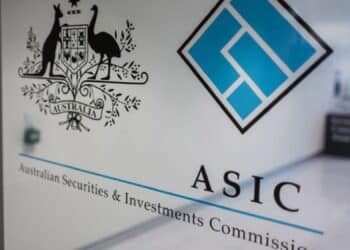With licensee switching on the rise, particularly for newer advisers, compliance expert Sean Graham has shared red flags to watch out for when making the jump to a new Australian Financial Services licensee (AFSL).
Earlier this month, the Adviser Ratings Australian Financial Advice Landscape report found newer entrants to the market post-2019 are more likely than their older counterparts to switch licensees. Those who had joined before 2019 typically spent 8.5 years with a licensee, while those who joined after this period spent an average of 18 months with one.
“Among those registered in the last two years, 25 per cent have already switched either licensee or practice at least once, and 30 per cent overall have switched at least once in the past six years,” the report said.
Moving to a new licensee can bring about improvements to your practice, such as better support and stronger compliance, but it can lead to new problems as well.
Assured Support managing director Sean Graham said there are multiple traits shared by problematic AFSLs:
- Being risk-blind
- Outdated documentation
- Lazy compliance
- Disengaged leadership
- Quickly forgotten agreements
- Profit prioritised over ethics
- Cutting corners and being under-resourced
- Unwilling to help their staff improve
In the worst-case scenario, working with a poor licensee can lead to enforcement action, ASIC scrutiny, PI insurance issues, and reputational harm.
It can also affect the client base who will blame their adviser and practice, rather than the overarching licensee, for any problems and neglect to refer new clients to the firm. Time spent on fixing compliance or licensee problems also reduces the time the adviser is able to spend with their existing clients or on gaining new ones.
“When you sign on with a bad licensee, you inherit more than their documents. You take on their culture, exposure, and the reputational damage they attract. It’s not a compliance risk. It’s business suicide,” Graham said.
“When compliance frameworks are inadequate, support is absent, and leadership is indifferent, advisers absorb the fallout. They face increased stress, reputational damage and, more often than not, the blame when things go wrong.”
He recommended speaking with existing and former advisers at the licensee to get an intimate and anecdotal view of the licensee, attend their professional development events, understand their finances and their systems, check their enforcement record, and test their responsiveness to questions.
At their existing licensee, they should document everything, review their existing licensee arrangements on a regular basis, and have a potential exit strategy, “escape fund” and legal advice in case there is a need to change.
Any decision to switch should be based on evidence of the new licensee being able to provide a better environment rather than hope, he concluded.





